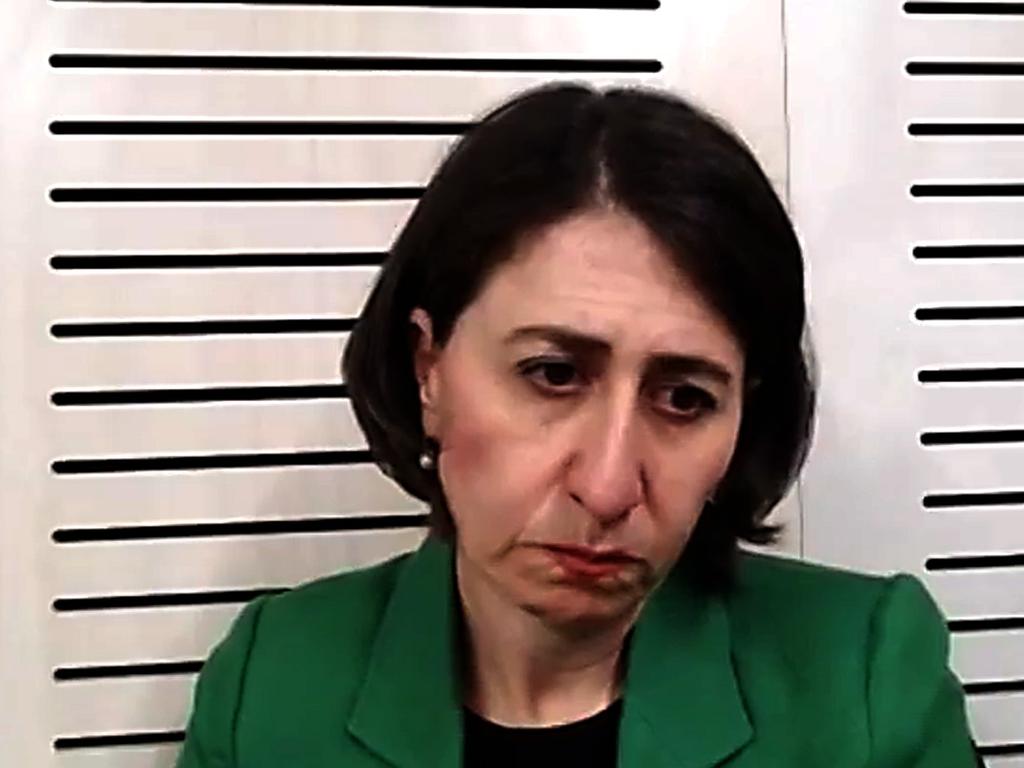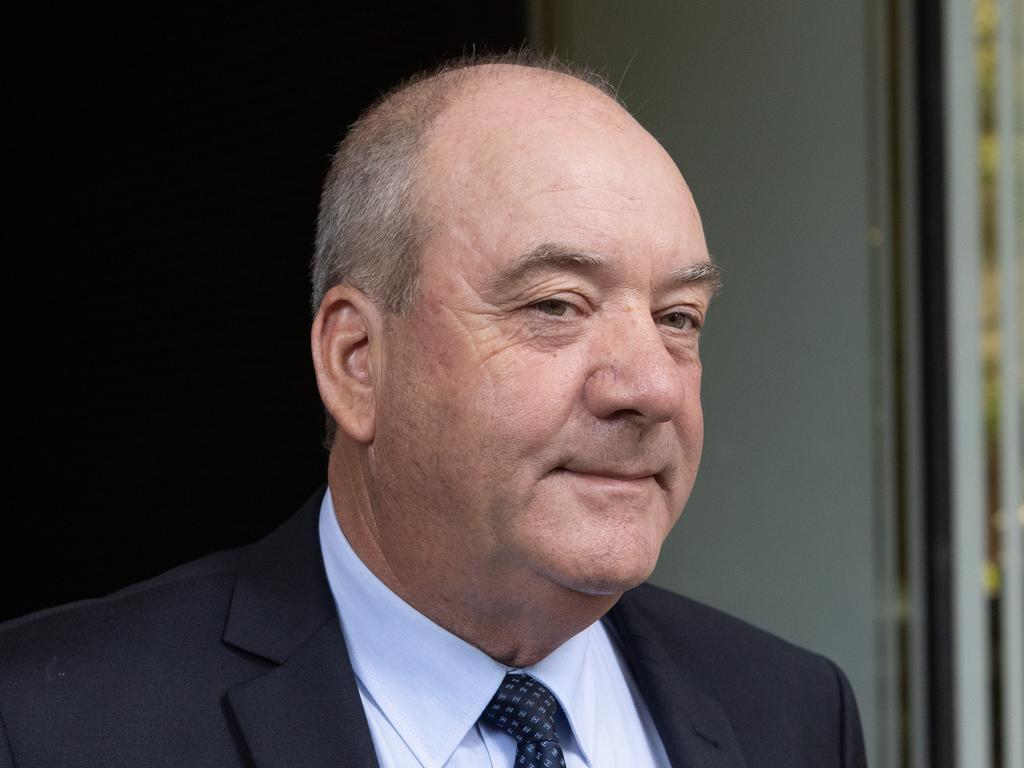Never any doubt Gladys Berejiklian was corrupt


Berejiklian had no option but to resign as premier in October 2021 because she failed to disclose her likely six-year secret personal relationship with disgraced former MP Daryl Maguire as required by the Ministerial Code of Conduct, which is a regulation that sits under the ICAC Act, because it conflicted with her public duties.
This ethical requirement under law mattered because Berejiklian was a member of cabinet’s Expenditure Review Committee, as treasurer and premier, which considered and approved grants to the Australian Clay Target Association and Riverina Conservatorium of Music that Maguire had enthusiastically advocated for for his electorate.
This was a clear conflict “between her public duty and her private interest”, ICAC found. This is not a grey area open to interpretation.
It meant that Berejiklian’s personal relationship with Maguire “could objectively have the potential to influence the performance of her public duty” in respect of these grants.
Mike Baird said Berejiklian’s relationship with Maguire should “certainly” have been disclosed to her cabinet colleagues. This intimate personal relationship took place while she was treasurer and then premier, and indeed continued after Maguire had resigned from parliament. Minister Stuart Ayres said it would have been “prudent” to disclose it.
In multiple columns published in these pages during 2020-21, I argued it was plainly evident that this was going to be the outcome for Berejiklian, who carried the “Saint Gladys” moniker and enjoyed high public approval, but who had engaged in ethical and probity breaches, as her personal life collided with her public duties.
It was irrefutable that Berejiklian was guilty of integrity failures that undermined her credibility and standing as head of government. This is where the evidence and testimony were always going to lead. She had to resign because she breached public trust and, as ICAC found, engaged in serious corrupt conduct.

Just because voters liked Berejiklian, respected and admired her as a trailblazer for women in public life, and who demonstrated strong and effective leadership during the Covid pandemic, does not excuse these ethical failures that go to her public responsibilities as required under law, ministerial convention and cabinet practice.
Yet Berejiklian was defiant. She claimed to have been wrongly persecuted by ICAC and would be vindicated because she had “always acted with the highest level of integrity”. This was a shrill and delusional response.
Anyone remember the so-called “bad boyfriend” defence and the “unlucky in love” rationalisation? We were meant to believe Maguire hoodwinked her. These were carefully calibrated PR responses, offered to FM radio shock jocks and tabloid gossip columnists, to deflect public attention away from governance failures.

The former premier argued to ICAC that the relationship was not of sufficient status that it needed to be disclosed. Yet Berejiklian texted Maguire, “You are part of my family” and in her “love circle”. They stayed at each other’s houses; he had a key to hers. Berejiklian told the media they were once in love, planned to get married and have children. Now those dreams were shattered by “Dodgy Daryl”. Really? If that was the case, then it is even more reason why the relationship needed to be declared.


Berejiklian should have acknowledged the Maguire relationship as a private interest under the Ministerial Code of Conduct, ICAC found.
However, Berejiklian arrogantly argued the Code did not apply to her and the relationship was not a private interest. ICAC found she had “substantially breached the ministerial code by failing in her duty to act honestly and in the public interest”.
Recorded phone conversations between Berejiklian and Maguire were revealed by ICAC. They discussed grants for projects in Maguire’s electorate that Berejiklian had a role in determining. She promised to “overrule” bureaucratic opposition and sack a difficult public servant. Even more damning were conversations about an ICAC investigation into Maguire. He advised her to “get a private phone” and use an encrypted messaging app so they could evade detection.
Berejiklian had a duty under law to notify ICAC of any “suspicion” that Maguire was engaged in corrupt conduct.
He told her of commissions he would make from business deals and land rezonings. “I don’t need to know about that bit,” Berejiklian replied.
She said some of his associates who were being investigated were “dodgy”. The failure to report suspected corrupt conduct, ICAC said, “undermined the high standards of probity” expected of a premier.

It is regrettable that this investigation took so long to conclude. The first public hearings were held in September-October 2020, nearly three years ago. But, as ICAC notes in the 688-page report, “the failure to promptly report suspected corrupt conduct” meant the work was done by ICAC staff, which took time. Without their investigative work, Berejiklian and Maguire would have gotten away with it.
ICAC does not recommend the Director of Public Prosecutions consider prosecuting Berejiklian. This is understandable. She did not benefit financially from the exercise of her public duties. However, if she had married Maguire and they had children, as she said she wanted to do, then this would have warranted consideration.
So, there will be no punishment for Berejiklian despite failures of integrity in the exercise of her official functions and a breach of public trust. She and others will find the “serious corrupt conduct” verdict hard to accept.
But we must maintain the highest standards in public life and in accordance with the law. Her resignation as premier and the ruining of her reputation are fitting punishment.







The finding by the Independent Commission Against Corruption that former NSW premier Gladys Berejiklian is guilty of engaging in “serious corrupt conduct” should come as no surprise given the evidence uncovered and the testimony of her former colleagues to the Operation Keppel hearings.